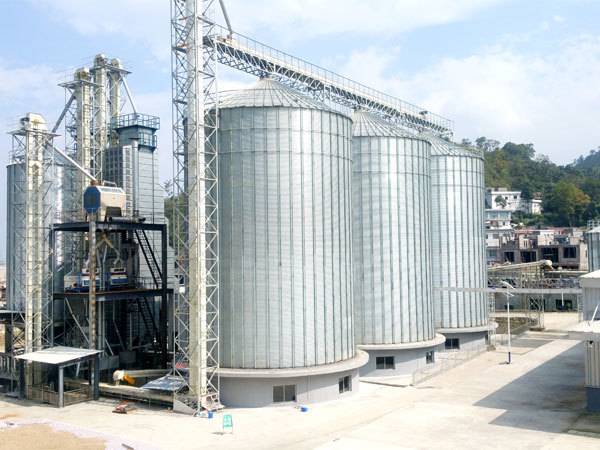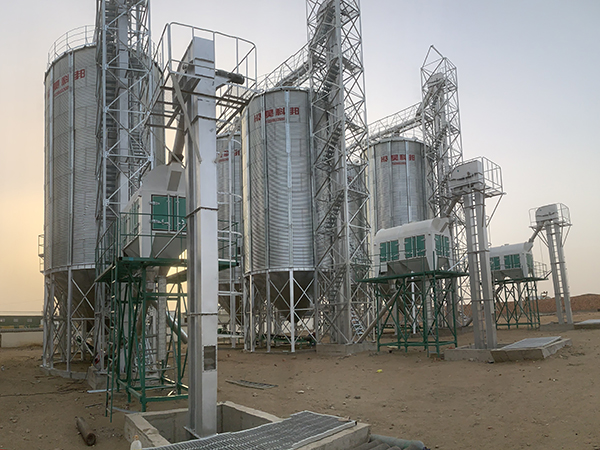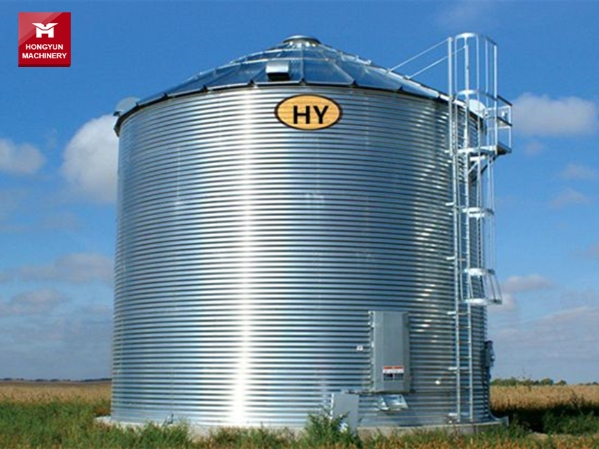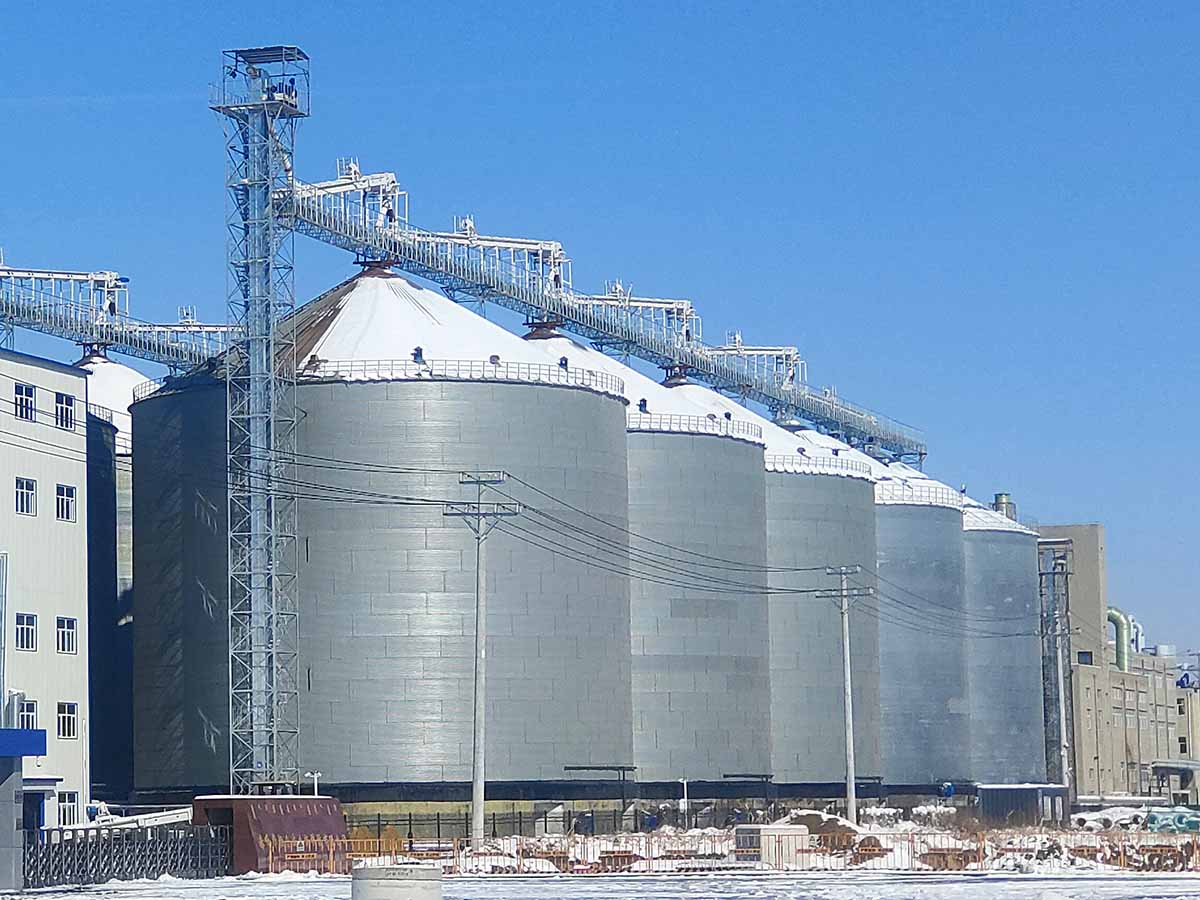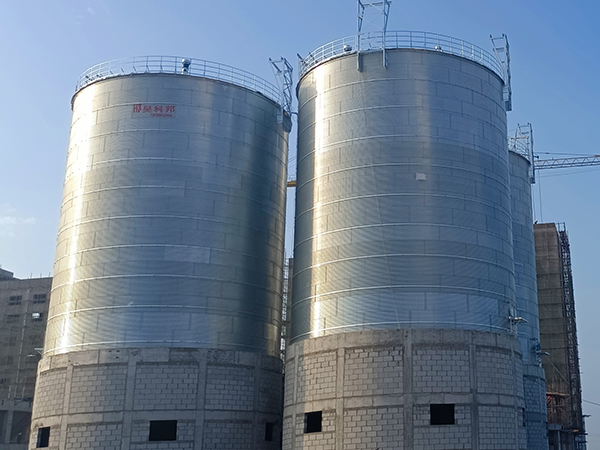Optimizing the Supply Chain: The Importance and Practice of Silo Procurement
Silo procurement refers to the process wherein companies purchase silos for the storage and management of raw materials or finished products. In modern supply chain management, silo procurement is a pivotal link, directly impacting a company’s production operations and product quality.
- Silo Franchise: Business Opportunities and Market Strategies
- Optimizing the Supply Chain: The Importance and Practice of Silo Procurement
- Silo Wholesale: Market Strategy and Procurement Highlights
- Silo Manufacturing Companie: Innovation and Market Adaptability
- Silo Companie: Market Competitiveness and Service Features
- Silo Factorie: Production Prowess and Market Adaptability
- Silo Supplier: Services, Selection, and Market Positioning
- Silo Sales: Strategies, Market, and Services
- Analysis of Silo Prices and Influencing Factors
- Steel Silo Manufacturers: The Backbone of Industrial Storage
Silo Procurement: A Crucial Tool for Supply Chain Optimization
Silo procurement refers to the process wherein companies purchase silos for the storage and management of raw materials or finished products. In modern supply chain management, silo procurement is a pivotal link, directly impacting a company’s production operations and product quality. The following explores the significance of silo procurement and how to effectively implement it.
Enhancing Storage Capacity and Efficiency
Silo procurement can significantly enhance a company’s storage capacity and efficiency. By possessing ample silo space, companies can better manage the inventory of raw materials and finished products, avoiding production interruptions or delays due to inadequate storage. Additionally, strategically planned silo layouts can improve the efficiency of goods storage and retrieval, reducing logistics time and operating costs.
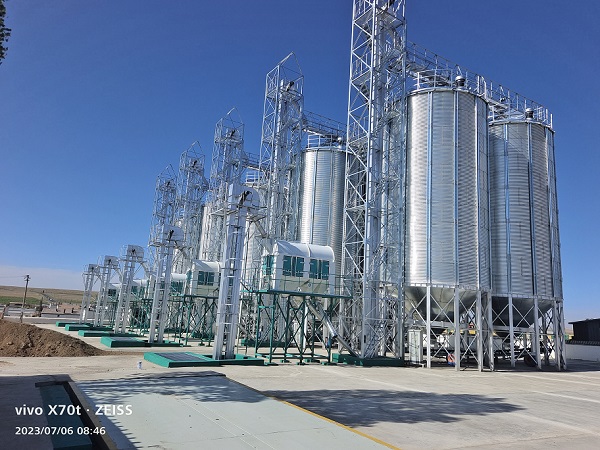
Ensuring Product Quality and Safety
Silo procurement also aids companies in ensuring product quality and safety. Silos provide favorable storage environments, allowing control over factors such as temperature, humidity, and ventilation, effectively preventing product dampness, mold, or damage. This is particularly critical for long-term storage of raw materials or sensitive finished products, ensuring product quality and traceability within the supply chain.
Adapting to Market Fluctuations and Demand Changes
With intensified market competition and evolving consumer demands, companies need to flexibly respond to market fluctuations and demand changes. Silo procurement enables companies to better address unforeseen circumstances and market changes. It achieves this by stocking appropriate amounts of raw materials or finished products, maintaining supply chain stability and flexibility to meet market demands, and enhancing market competitiveness.
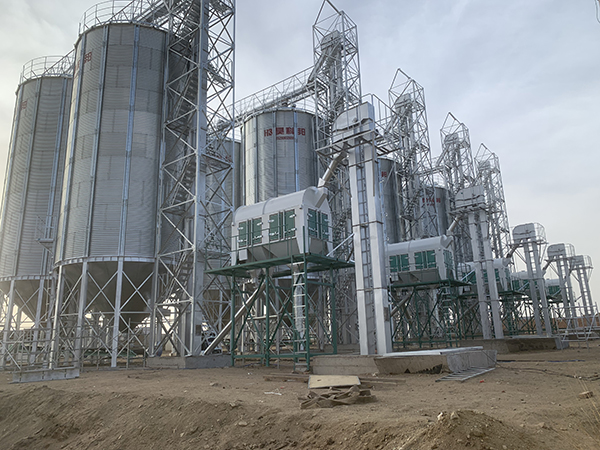
Effective Methods for Implementing Silo Procurement
Market Research and Supplier Selection
Before engaging in silo procurements, companies should conduct thorough market research. This research helps them understand different suppliers’ silo types, prices, and services, enabling them to select reputable suppliers with high cost-effectiveness for cooperation.
Demand Assessment and Planning
Companies should assess their production scale and demand volume to reasonably evaluate the required silo capacity and specifications. They should devise detailed silo procurements plans and layout schemes to ensure meeting production needs and future development requirements.
Quality Inspection and Maintenance
Following silo procurement, companies should conduct rigorous quality inspections to ensure the silos’ structural stability and good sealing. They should also establish regular maintenance plans to maintain the normal operation and service life of silo facilities.
Technological Upgrades and Innovations
With continuous technological advancements, companies can consider introducing intelligent technologies such as the Internet of Things (IoT) and big data analytics. These innovations enhance the intelligence level of silo management, further improving storage efficiency and product quality.
Conclusion
Silo procurements, as a critical aspect of supply chain management, is essential for a company’s production operations and product quality. Through effective implementation of silo procurement, companies can enhance storage capacity and efficiency, ensure product quality and safety, adapt to market fluctuations and demand changes, thereby improving competitiveness and achieving sustainable development.

